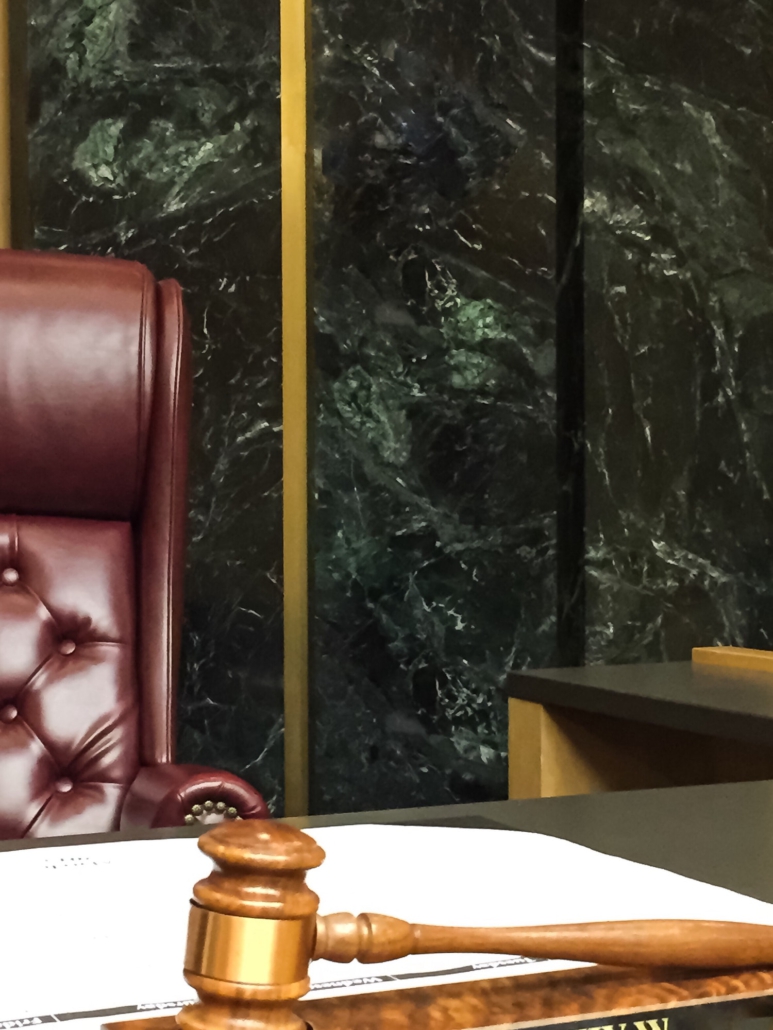LEGAL+ NEWS
Or: When are submissions in the appeal instance “new”?
In its decision of 27.2.2018, case no. VIII ZR 90/17, the Federal Court of Justice (BGH) specified – very importantly for practice – how comprehensively the so-called pleading discount pursuant to Section 283 ZPO is to be understood (see also the blog post: Appeal courts often wrongly reject late submissions at first instance).
The court of first instance must grant the party surprised by the late submission of the opposing party the right to be heard – without adjourning or reopening the oral hearing – by giving this party the opportunity to comment on this submission within a certain period of time at its request.
With regard to the scope of the opportunity to comment in the sense described above, the courts of lower instances – as the BGH has now once again pointed out – tend to have too narrow an understanding, which tends to limit admissible submissions solely to comments on the correctness or incorrectness of the submission in question.
The BGH has made it clear that the right to comment goes much further:
Entirely new submissions are also to be admitted if and insofar as they are made “in response to the belated submissions of the opposing party”.
The BGH has stated (see decision of 27.2.2018, para. 24):
“Section 283 ZPO is intended to enable a party who is no longer able to respond to an opponent’s submission in good time to make a statement on this within a certain period of time, i.e. to dispute or concede it – if necessary also by means of substantiated counterclaims – or finally to counter it by means of an independent means of attack or defense, possibly based on new factual assertions.
This means:
Even completely (!) new allegations may be admissible if they are to be considered as a “reaction” to the late submission of the opponent.
If the court of first instance fails to recognize this and disregards the allegations in question in its judgment with reference to Section 296a ZPO, this is not a “new” submission in the appeal instance, which must be assessed by the court of appeal without further ado.
The lesson to be learned from this ruling is that even higher courts repeatedly misapply procedural rules. So: watch out!

LATEST ARTICLES

Courts must generally comply with their so-called duty to provide information (Section 139 ZPO) before the oral hearing! – BGH ruling from 11.4.2018 (case no. VII ZR 177/17)
Unfortunately, it is common practice in civil proceedings for the courts to only issue instructions to the parties during the oral hearing. The BGH dealt with the consequences of this practice in a practice-relevant decision dated 11.4.2018 (case no. VII ZR 177/17).

On the scope of a so-called “pleading discount
When are submissions in the appeal instance “new”?

Casting doubt on the right of competition associations to file applications!
So-called. warning letters (cf. § 8 Para. 3 No. 2 UWG) are causing the economy a lot of trouble. Smaller companies or start-ups in particular often cannot afford to defend themselves.
CONTACT

+49 (40) 57199 74 80
+49 (170) 1203 74 0
Neuer Wall 61 D-20354 Hamburg
kontakt@legal-plus.eu
Benefit from my active network!
I look forward to our networking.
This post is also available in: DE

